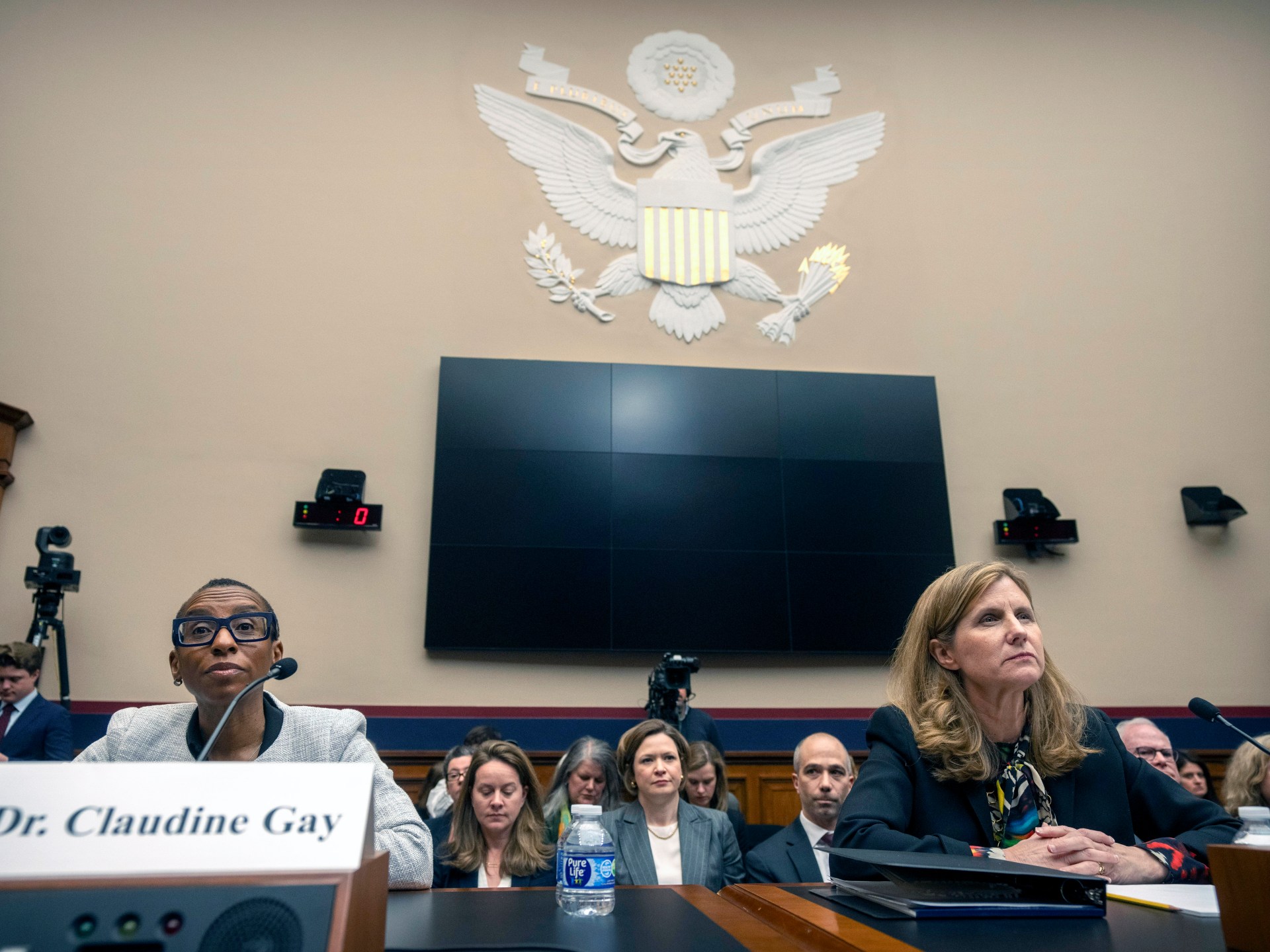
The 2023 United Nations Climate Change Conference (COP28) will open in Dubai at the end of November. The event comes at the end of a year that has broken several heat records and aims to set the stage for a major push to reduce greenhouse gas emissions and promote adaptation to climate change worldwide.
But in the run-up to the conference, there were already warnings from climate activists and civil society that COP28 might not bring significant progress without a significant shift in the approach to climate policy.
Concerns remain in the Global South that wealthy nations and international corporations will push for policies that allow them to carry on as before, while poorer nations, least responsible for climate change, will bear the brunt of the climate crisis.
Such tendencies have already been observed at previous climate events, most recently at the Africa Climate Summit in Nairobi at the beginning of September.
The conference, attended by thousands of representatives from governments, businesses, international organizations and civil society, offered African peoples the opportunity to agree on a common position on issues such as compensation for losses and damages, climate protection and climate finance in the run-up to COP28.
But the summit’s final document – the Nairobi Declaration – reflected neither consensus nor the best interests of African nations.
This is not surprising given that lobbyists for countries and companies in the Global North have been given the space and high-level access to push for false solutions. Meanwhile, many of the delegates – activists and civil society members demanding clarity and solutions to support our continent – faced access difficulties during the negotiations and felt left out.
Instead of pushing for policies that would result in the Global North compensating African nations for their historic greenhouse gas emissions that have accelerated global warming, the summit instead adopted policies that will harm African nations even more.
The declaration focused heavily on and legitimized problematic practices such as carbon credits, offsets and trading.
These are wrong solutions and they are not what Africa needs. They represent a neo-colonial tactic that allows the Global North to continue emitting greenhouse gases while maintaining control over the land and people of Africa and taking credit for reducing African emissions.
Carbon trading is based on the idea that carbon dioxide emissions in one place can be “offset” by expanding carbon capture activities elsewhere, for example by planting new trees or protecting forests to allow them to regenerate naturally. This enables the major CO2 emitters of the global north to pay nature-rich countries in the global south to maintain or expand forest areas.
However, many of these areas are inhabited by local people who use forests and land for their livelihood and sustenance. Carbon trading systems effectively drive people from their homelands and strip them of their rights in the name of carbon conservation and capture.
That has already happened well documented that such programs fail to address rising carbon emissions and enable the greenwashing of rich corporations and nations that refuse to reduce their emissions.
If carbon trading is not the solution, how can the global North support African countries in financing losses and damages, as well as in adaptation and mitigation?
Cap and share is an alternative model that is becoming increasingly popular among climate activists and civil society. At the heart of the system is an international carbon tax that would hold polluters – including fossil fuel extractors and large consumers – accountable in the Global North.
This tax, levied on fossil fuel extraction, would raise trillions of dollars annually for a global Green New Deal fund that would finance the transition to renewable energy and support energy access for all. The Fund’s revenue would also provide grants for loss and damage, adaptation and relief in the Global South, and universal cash transfers to support ordinary people.
“Cap and share” would create a tax system that operates beyond the nation state; This is key to climate justice and in many ways long overdue.
Model suggests that the economic impact of a global carbon tax would be extremely progressive and Africa would see significant benefits, including the permanent eradication of extreme poverty in all participating countries. These policies can be applied alongside universal basic income and tax fairness measures.
On the road to COP28, the mistakes of the Africa Climate Summit and other similar climate events should not be repeated. The voices of climate activists and civil society from the Global South must be heard.
We say no to carbon markets. We say no to selling Africa’s carbon, forests and land to the North. We say yes to climate justice and non-binding climate financing.
The views expressed in this article are the author’s own and do not necessarily reflect the editorial stance of Al Jazeera.






Recent Comments